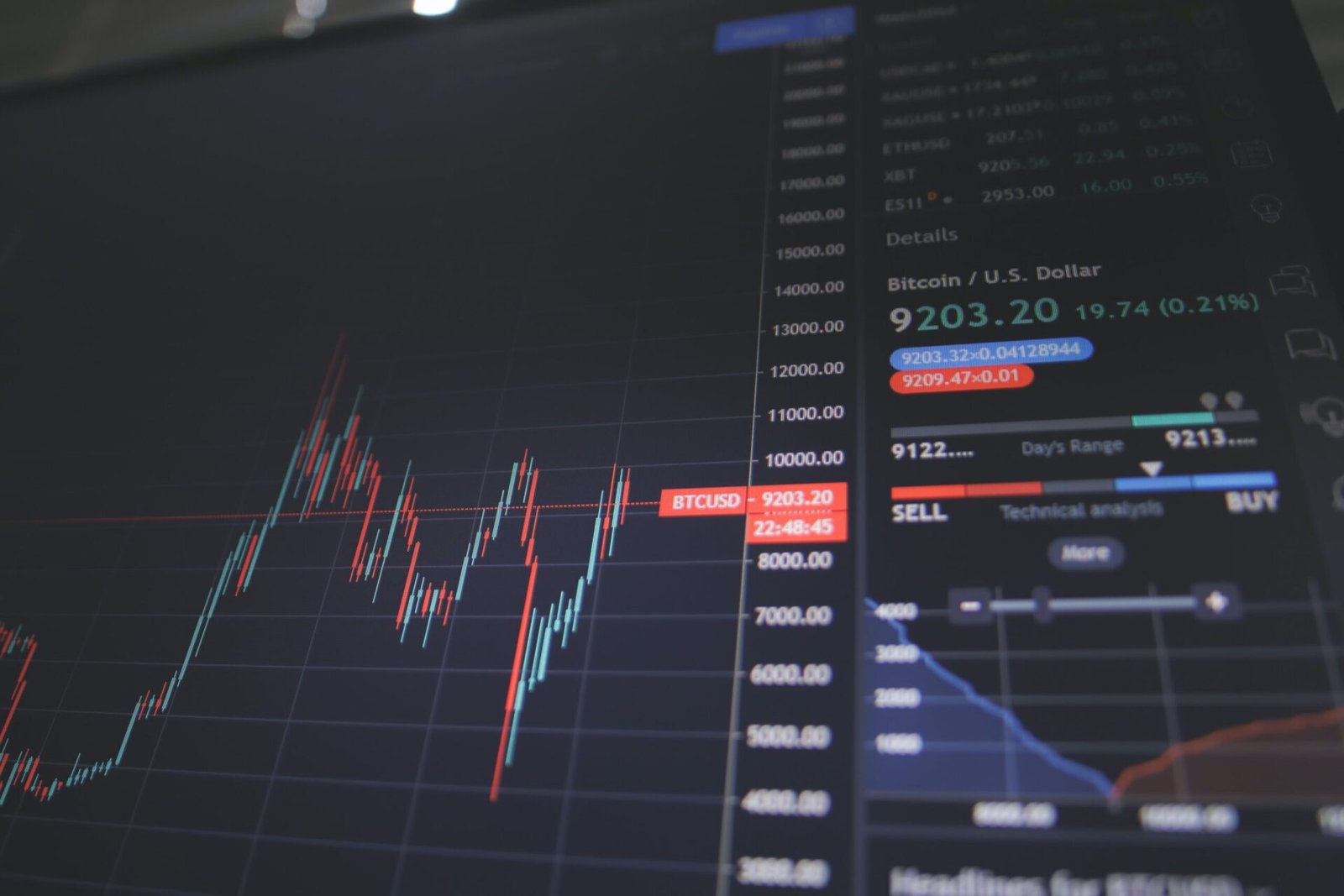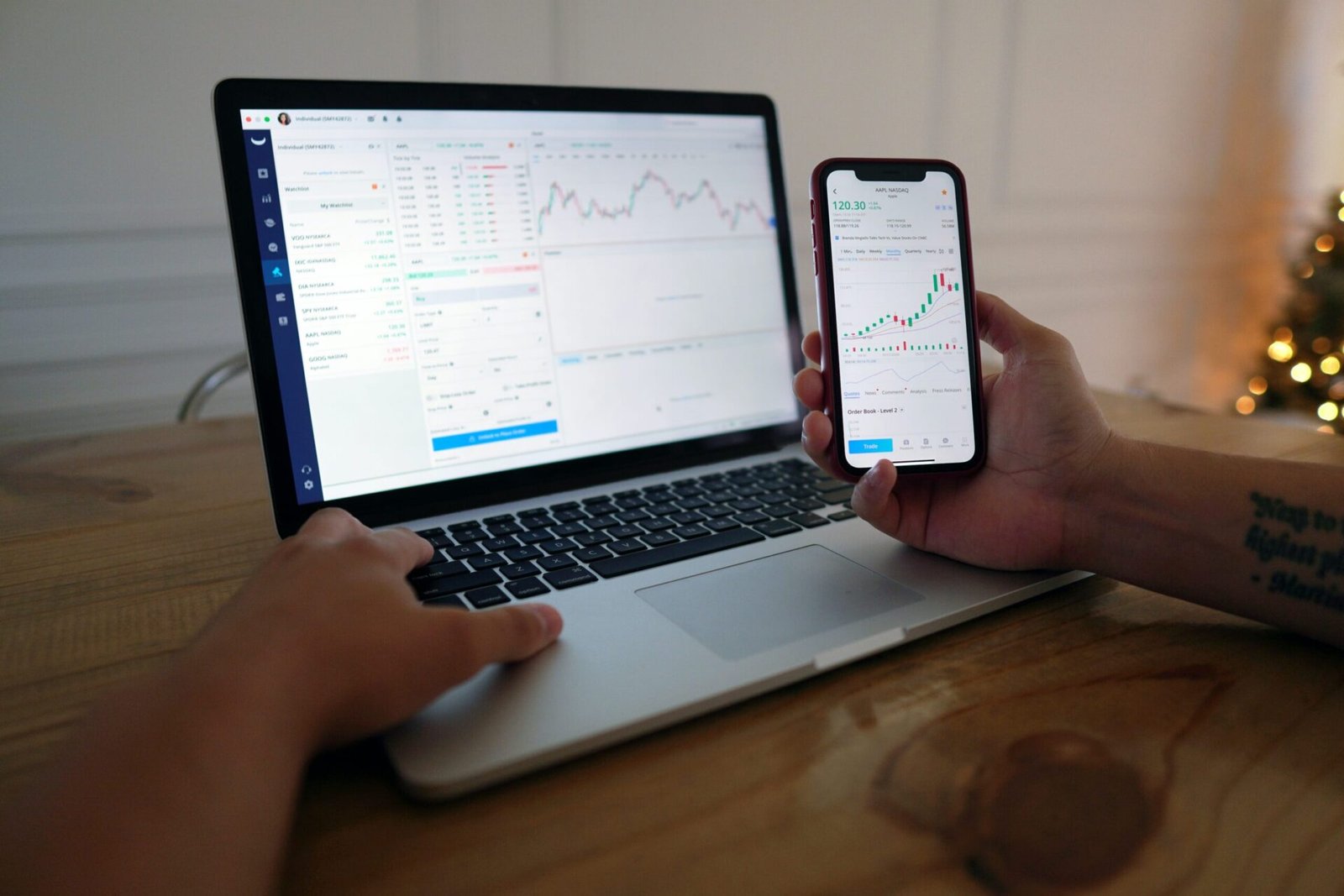The Hang Seng Index (HSI) is a widely recognized benchmark stock market index in Hong Kong. It is used to monitor the performance of the largest and most liquid companies listed on the Hong Kong Stock Exchange (HKEX).
History and Calculation of the Hang Seng Index
The HSI was first introduced on November 24, 1969, and is maintained by Hang Seng Indexes Company Limited, a subsidiary of Hang Seng Bank. It is composed of a diverse selection of companies, representing various sectors of the Hong Kong economy.
The index is calculated using a free-float market capitalization-weighted methodology. This means that the index value is determined by the total market value of the constituent stocks, adjusted for their free-float market capitalization. The free-float methodology excludes shares held by company insiders, controlling shareholders, and government entities, providing a more accurate representation of the market.
Composition of the Hang Seng Index
The HSI consists of 50 constituent stocks, representing approximately 58% of the total market capitalization of the Hong Kong Stock Exchange. The index constituents are selected based on their market capitalization, trading volume, and sector representation.
The index is divided into four sectors: Finance, Utilities, Properties, and Commerce and Industry. The Finance sector includes banks, insurance companies, and other financial institutions. The Utilities sector comprises companies involved in the generation and distribution of electricity, gas, and water. The Properties sector includes real estate developers and investment companies. The Commerce and Industry sector covers a wide range of industries, including retail, manufacturing, and technology.
Significance of the Hang Seng Index
The Hang Seng Index serves as an important indicator of the overall performance of the Hong Kong stock market. It is widely used by investors, analysts, and fund managers to track the market trends and make informed investment decisions.
As an international financial center, Hong Kong attracts both domestic and foreign investors. The HSI provides a benchmark for evaluating the performance of their investments in Hong Kong-listed companies. It helps investors assess the market sentiment and identify potential investment opportunities.
Furthermore, the HSI is used as a basis for various financial products, including index funds, futures contracts, and options. These derivative instruments allow investors to gain exposure to the Hong Kong stock market and manage their investment risks.
Factors Affecting the Hang Seng Index
Several factors can influence the movement of the Hang Seng Index. Global economic conditions, geopolitical events, and monetary policies of major central banks can have a significant impact on the index. For example, a positive development in the US-China trade relations can boost investor confidence and lead to a rise in the index.
In addition, company-specific factors such as earnings reports, corporate announcements, and regulatory changes can affect the performance of individual stocks and, consequently, the HSI. It is important for investors to stay informed about these factors and conduct thorough analysis before making investment decisions.
Conclusion
The Hang Seng Index is a vital tool for investors seeking exposure to the Hong Kong stock market. It provides an overview of the market performance and helps investors gauge the sentiment and potential investment opportunities. By understanding the composition and factors influencing the HSI, investors can make informed decisions and navigate the dynamic Hong Kong market.






Be First to Comment